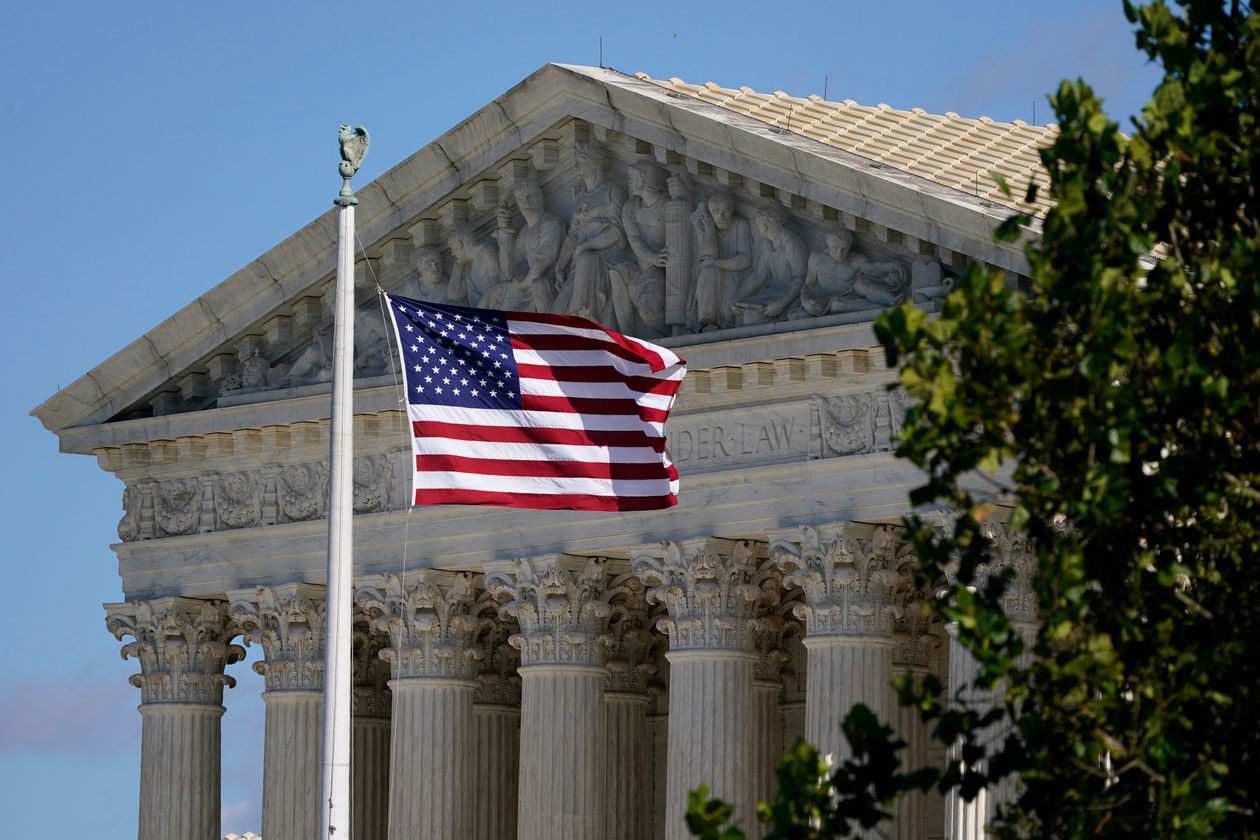By Jay Clemons
The Supreme Court docket for 2023 revealed it would hear two major challenges to the Biden administration executive order forgiving student-loan debt for millions of people in late February.
In addition to the Biden v. Nebraska case, which involves claims from six Republican-led states that President Joe Biden violated constitutionally mandated separation of powers and the Administrative Procedure Act, the Supreme Court justices will also hear “the loan-related challenge” in the Department of Education v. Brown case — in which two plaintiffs “argued the Education Department wrongly did not offer a public comment period for the forgiveness plan,” according to the Washington Examiner.
The Biden administration’s $400 billion plan previously promised $10,000 forgiveness in student loan debt for individuals making less than $125,000, or households with annual incomes of less than $250,000.
Pell Grant recipients were also included in the Biden White House’s plan, providing as much as $20,000 in loan-debt forgiveness.
For the Brown case, which involves co-plaintiffs Myra Brown and Alexander Taylor, the former is reportedly not eligible for government forgiveness because her loans are being maintained by commercial entities — and not the Education Department.
Regarding Taylor, he’s apparently only eligible for $10,000 in Pell Grant relief, instead of the full $20,000.
As Newsmax chronicled on Nov. 10, however, a federal judge struck down the Biden administration’s forgiveness program and characterized the president’s executive order as unlawful.
District Judge Mark Pittman ruled that Biden’s order was “an unconstitutional exercise of Congress’ legislative power.”
As a counter, the Biden administration argued the president had the authority to forgive student loans under the Higher Education Relief Opportunities for Students Act of 2003.
However, Pittman rejected that argument, asserting there was never any “clear congressional authorization” for the loan-forgiveness program.
“The court has correctly ruled in favor of our motion and deemed the Biden student loan program illegal,” said Elaine Parker, president of Job Creators Network Foundation, last month. “The judge criticized the Biden administration program, calling it ‘one of the largest exercises of legislative power without congressional authority in the history of the United States.'”
“This ruling protects the rule of law which requires all Americans to have their voices heard by their federal government. This attempted illegal student loan bailout would have done nothing to address the root cause of unaffordable tuition: greedy and bloated colleges that raise tuition far more than inflation year after year while sitting on $700 billion in endowments,” added Parker.
The White House’s plan has been paused since mid-October. That hold also prompted the administration to extend the moratorium on debt repayments until June 2023.
According to the Examiner, 26 million people requested forgiveness prior to the applications pause.

